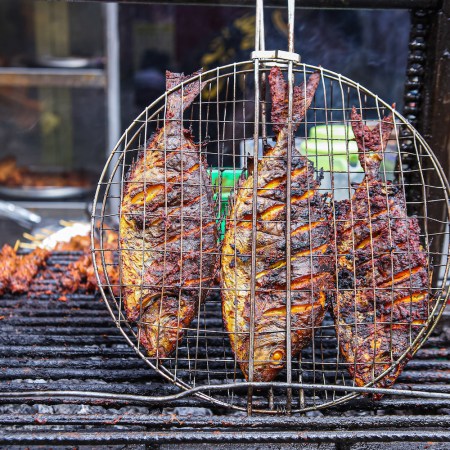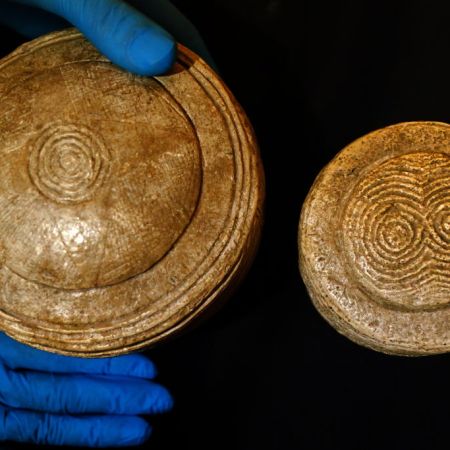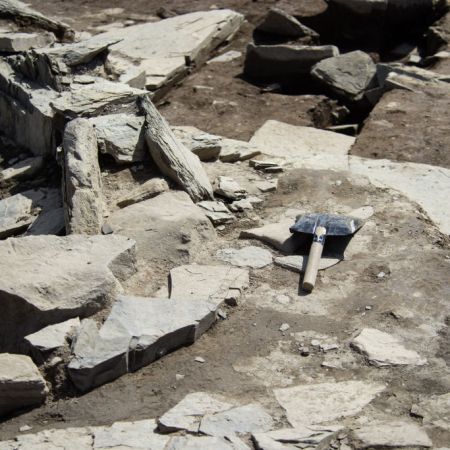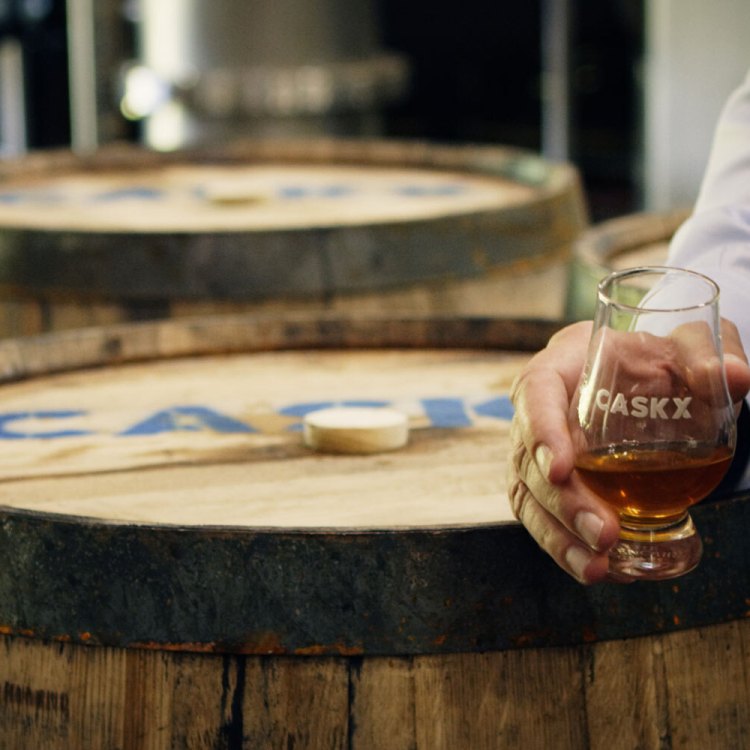Over 1,400 years ago, the Wari Empire ruled over what is now Peru. Scientists and historians are still learning more about this culture, which existed for around 500 years and which existed in a state of perpetual detente with its rival power, the Tiwanaku culture.
Now, archaeologists have made another significant discovery about what life in the Wari Empire was like — and it involves psychedelics and beer. Or, to be more precise, it involves psychedelic beer.
Recent findings suggest that the Wari Empire had a particular skill at statecraft and diplomacy. One reason for this was a beverage served at diplomatic events, which contained psychedelic ingredients. Interviewed by Insider, Justin Jennings of the University of Toronto described the context of this beer as “statecraft writ small in the form of something that was akin to a long, boozy, and likely quite a delightful dinner party.”
Jennings is one of the authors of Hallucinogens, alcohol and shifting leadership strategies in the ancient Peruvian Andes, a study recently published in the journal Antiquity. The study cites a 400-year period in Wari history when “beer made from Schinus molle was combined with the hallucinogen Anadenanthera colubrina.”
This isn’t the only instance where an ancient culture used psychedelics for a crucial purpose. A 2014 article in Vice chronicled the way that some ancient and medieval brewers in northern Europe also incorporated hallucinogens into their work. It makes for a fascinating look into brewing history — and into the ways that that can inform other corners of history as well.
Thanks for reading InsideHook. Sign up for our daily newsletter and be in the know.


















